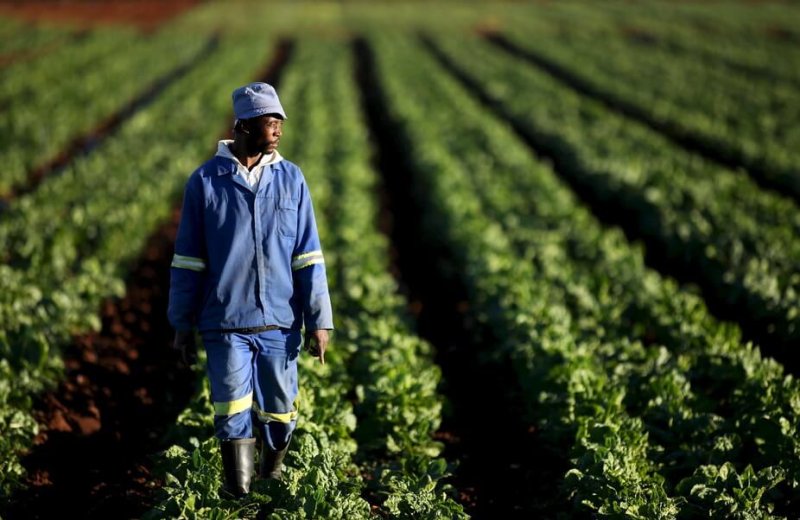Despite agriculture’s progress in feeding more people on less land than at any time in history, there are still more than 800 million people who experience chronic hunger. As the world population grows, so too does the trend toward increased urbanization, which means that competition for limited natural resources between cities and rural communities will only intensify. To minimize this, we need to strike the right balance between meeting our nutritional needs and preserving our environment.
While this challenge exists everywhere, it is particularly evident in Africa. Over the past 50 years, agricultural production in Africa has increased about fourfold, a feat which rivals that of India’s well-publicized Green Revolution. However, Africa’s population has grown more rapidly than that of India and as a result, food production per person fell during the latter half of the 20th century …. To achieve transformative change, a dozen Green Revolutions may be required. But this also presents an opportunity for African farmers.
…
To capitalize on its potential, Africa needs access to the same technologies that are driving productivity gains elsewhere. These include hybrid seeds and traits to deliver high-yielding crops tailored for a diverse farm environment, modern biological and chemical crop protection tools, and novel digital technologies to help smallholders reduce costs and farm more effectively.
Read full, original article: LIAM CONDON: Africa: Continent of challenge and opportunity































